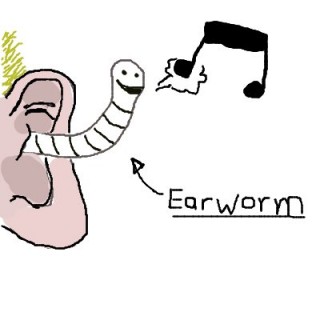How to taste another body language 🙂
Some time ago a new restaurant opened in Canada. Nothing important you could say.
Well, new is that there is the opportunity for a “double-taste”. One taste is reserved for food and Drinks. The second taste is reserved for body language. What could this be, you may ask. Well, as the waiters are unable to hear or speak they can only communicate with a Special sign-language. This sign-language of course is nonverbal.
How does it work there, you may ask. Well, you decide your dish and drink and will find the reference signs being pictured in the nemu.
You are now invited to order nonverbally by using this special sign-language. If you are good enough you will of course what you wanted to get. If you are not so good in the beginning, you may get a surprise dish. 🙂
Please have a look and imagine yourself being there and order a dish and a drink.
http://sfglobe.com/?id=2334&src=share_fb_new_2334
Read More





